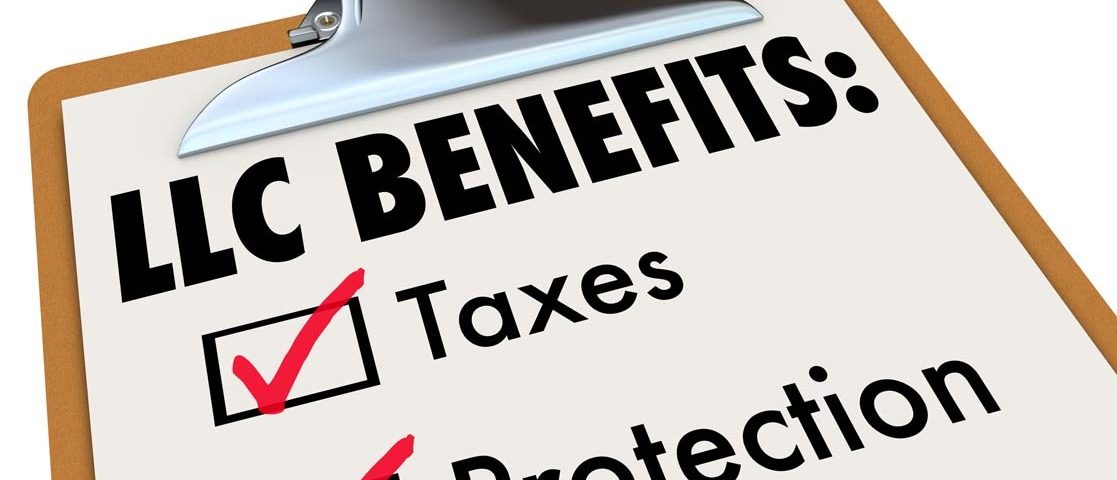
Basic Distinctions between California Business Entities
So you have decided to start a business in California. Now you need to decide what kind of business entity to form. The business entity you choose will affect issues of liability, tax, ownership, and state and federal obligations. A knowledgeable attorney can help you sort through these issues and pick the entity that will best help you achieve your goals. Depending on the kind of business you will be doing and the number of people involved in ownership, you may have several options to choose from:
Corporation
A California corporation is a legal entity which exists separately from its owners. A benefit of forming a Corporation is that it normally limits the owners from personal liability, however corporate formalities must be strictly upheld or else owners can lose this protection. Taxes are levied on the corporation as well as on the shareholders.
Limited Liability Company (LLC)
Like a corporation, a California LLC offers liability protection, but it is taxed differently. LLCs may be managed by one or more managers or one or more members.
Limited Partnership (LP)
A California LP may provide limited liability for some partners. There must be at least one general partner and one limited partner. The general partner acts as the controlling partner. The limited partner’s liability is normally limited to their amount of control or participation. General partners of an LP have unlimited personal liability for the LP’s debts and obligations.
General Partnership (GP)
A California GP must have two or more people engaged in a for-profit business. All partners are liable jointly and severally for all obligations of the partnership. Profits are taxed as personal income for the partners.
Limited Liability Partnership (LLP)
An LLP is a partnership that engages in the practice of:
- Law;
- Public Accountancy;
- Architecture;
- Engineering; or
- Land Surveying; or
provides services or facilities to a California registered LLP that practices public accountancy or law, or to a foreign LLP. An LLP is required to maintain certain levels of insurance.
Sole Proprietorship
A sole proprietorship is set up to allow an individual to own and operate a business. A sole proprietor is responsible for the taxes and liability of the business. If a sole proprietorship is formed with a name other than the individual’s name (ex. John Doe’s Bike Shop), a Fictitious Business Name Statement must be filed with the county where the principal place of business is located.




